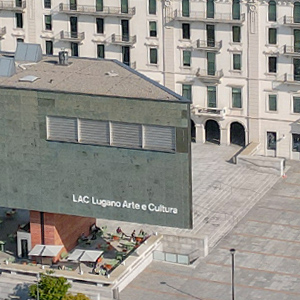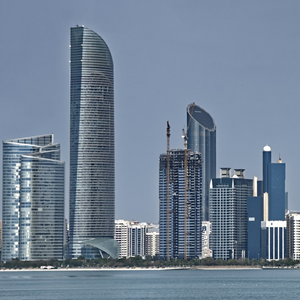

It is important to underline that this option would be open to both foreign and Italian citizens, on the grounds that they had genuinely established their fiscal residency abroad.
The new tax system is an exception to the general principle of residence, which Article 2 of the Income Tax Code sets as the cornerstone of taxation worldwide. More specifically, the scheme provides for optional flat-rate taxation for those who have not been resident in Italy for nine calendar years of the ten previous to that option. The scheme is not available on the basis of self declaration, but provides a validation path. According to law, the option will be available following a favourable outcome to a specific request for a ruling presented to the Revenue, in accordance with Article 11, paragraph 1, letter b) of Law 212/2000, by the deadline for submission of the declaration relating to the tax period in which the residence is transferred to Italy and is effective as of that tax year. In this option, the last jurisdiction(s) of fiscal residence must be indicated, specifying the foreign states whose incomes would be subject to such substitute tax. The Inland Revenue will transmit this information through the appropriate channels of administrative cooperation, to the tax authorities in those jurisdictions.
The New Resident would have to set up their residence and domicile in Italy, as regulated by Art. 2 of the Income Tax Code. It is permitted that some income earned in foreign countries outside of the new regime may be kept, so that the same may be treated according to the general principles of reciprocity through the criteria established by art. 165, co.2 Income Tax Code.
Fiscally the sphere of the possession of the “neo-resident income” is thus divided into two parts: on the one hand an annual lump-sum taxation designed to replace all foreign source income according to the ruling and on the other to the ordinary rules of taxation on a worldwide basis. The optional regime, during its validity, foresees that:
• No obligation of declaration relative to their foreign assets; RW framework (Decree Law 167/90) will not be attached to the declaration;
• No direct taxation on foreign earnings within the optional scheme
• No inheritance tax on assets held abroad
• Exclusion from IVIE and IVAFE
The optional scheme is not compatible with the regimes which incentivate the return of researchers (art. 44 DL 78/10) or of repatriated workers (Art. 16 of Legislative Decree 147/15), which instead provide a domestic income tax abatement. The substitute annual income tax (i.e. IRPEF) is equal to EUR 100,000 and may be paid annually for a maximum of 15 years, when the option is no longer available. If the taxpayer omits to pay, from that tax period the system would return to normal. The legislation also introduces a flat-rate substitute annual tax of EUR 25,000 for family members (art. 433 of the Civil Code). It is worth noting that the law also provides for the replacement of taxes regulated by the Testo Unico Successione related to foreign goods. The option may be revoked and in any case shall expire after 15 years from the first tax period of validity of the option. Also introduced are a few simple rules to remove intent which is not genuine and abusive. In particular, the flat-rate substitute tax, in order to avoid speculative behaviour, will not apply to the sale of qualified shareholdings realized in the first five tax years of validity of the option that still apply the art. 68, co. 3, the Income Tax Code. The norm should be greeted positively, putting Italy on the list of jurisdictions that have elements of fiscal attractiveness that, in a context of transparency and authenticity of behaviour, could bring development, as already occurred in other jurisdictions (UK, Spain, Malta, Portugal, Singapore and others).
It is important to stress that the regime of “neo – resident” Italian does not foresee any limitation to the remittance of foreign income to Italy, contrary to what is provided by the famous system of the UK resident not domiciled.








